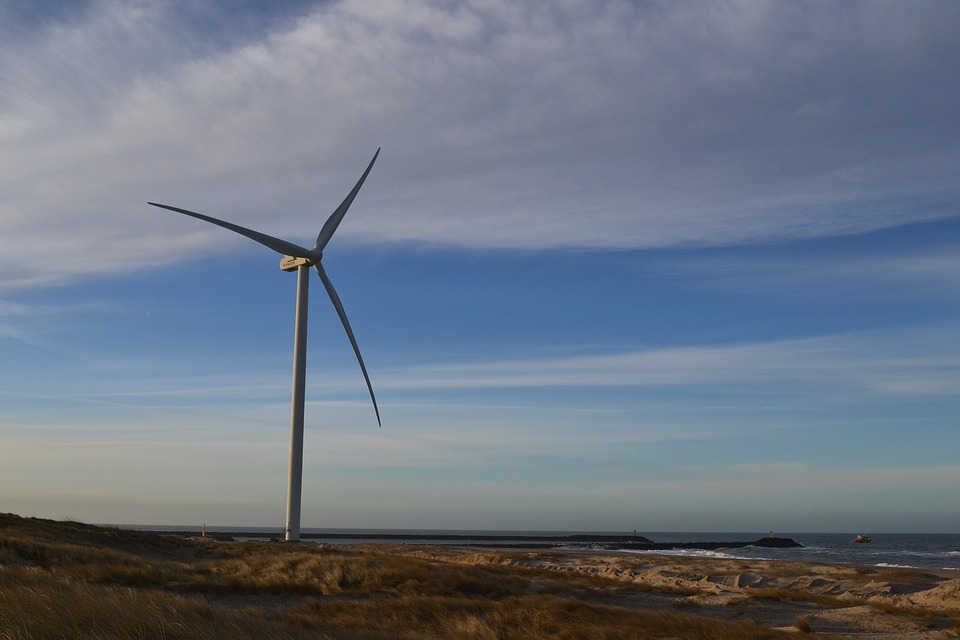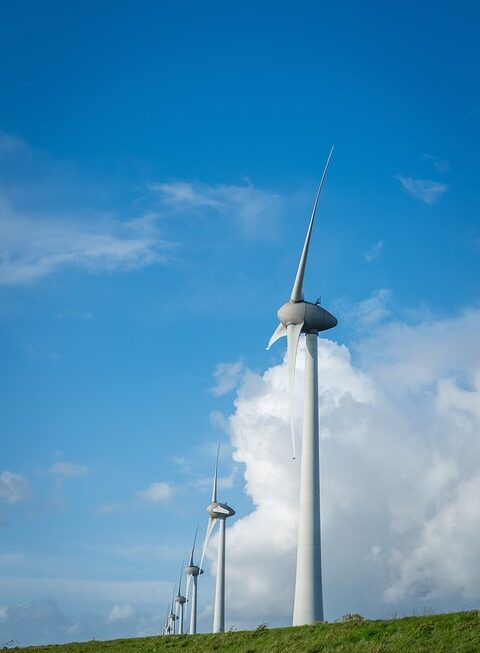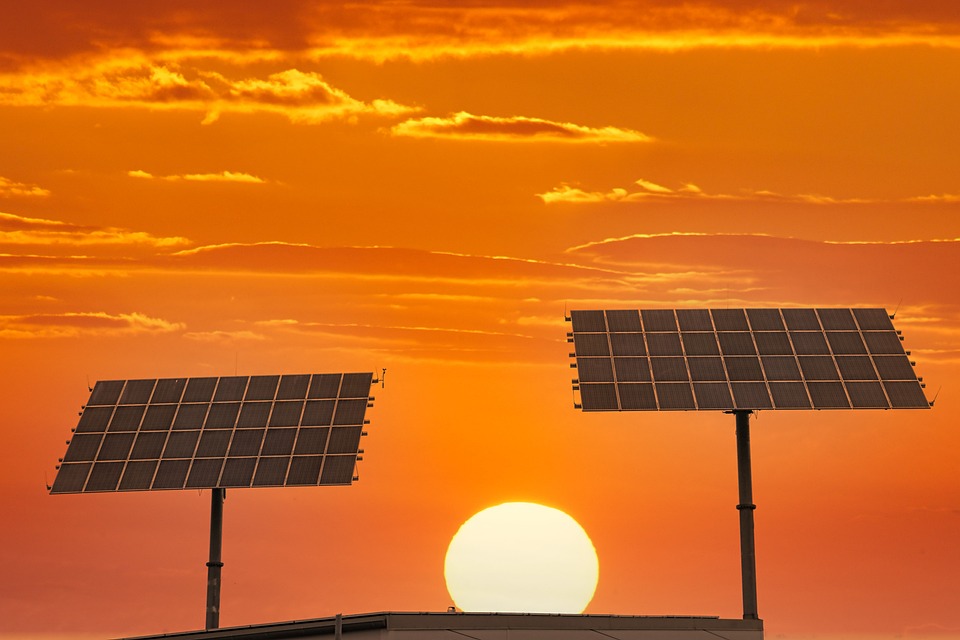[ad_1]
Hydropower: Unlocking the Power of Water for Clean Energy
Introduction
As the world is becoming increasingly aware of the detrimental effects of fossil fuels, the need for sustainable and clean energy sources has become more critical than ever before. Hydropower, or hydroelectricity, has emerged as an environmentally friendly solution to meet our growing energy demands. Harnessing the power of water, hydropower has the potential to revolutionize the way we generate electricity, reduce greenhouse gas emissions, and mitigate climate change. In this article, we will explore the various aspects of hydropower, its benefits, and its impact on the environment, as well as answer some frequently asked questions.
Harnessing the Power of Water
Hydropower is the process of converting the energy of falling or flowing water into electricity by using turbines and generators. It captures the naturally occurring kinetic energy of water and converts it into mechanical or electrical energy. This energy can then be utilized to power households, industries, and various other sectors.
Types of Hydropower Systems
Hydropower systems can be categorized into two main types: large-scale or centralized hydropower and small-scale or decentralized hydropower.
Large-scale hydropower involves the construction of vast reservoirs, where water is stored and later released to drive massive turbines and generate electricity. The Three Gorges Dam in China is a prime example of large-scale hydropower. These projects require significant initial investment, but once constructed, they can produce a stable and reliable electricity supply with no greenhouse gas emissions.
On the other hand, small-scale hydropower utilizes natural water flows, such as rivers and streams, without the need for a large reservoir. It can be integrated into existing infrastructure, such as irrigation canals or water treatment plants, to generate clean electricity on a smaller scale. Small-scale hydropower projects can be particularly beneficial for rural and remote areas, where access to traditional energy sources may be limited.
Environmental Benefits of Hydropower
Hydropower offers numerous environmental benefits, making it a vital component of the renewable energy mix. Firstly, it has the potential to reduce greenhouse gas emissions significantly. According to the International Hydropower Association (IHA), hydropower’s emissions are typically 35 times lower than those from fossil fuel power generation. As a result, transitioning to hydropower helps combat climate change and reduce air pollution.
Furthermore, hydropower also plays a crucial role in water management. Reservoirs created by large-scale hydropower projects can store water during periods of excess flow, providing a reliable water source during dry seasons. This water management potential is particularly important in regions prone to droughts, as it can ensure a consistent water supply for agriculture, urban consumption, and ecosystem maintenance.
Challenges and Concerns
While hydropower is undoubtedly a promising renewable energy source, like any other form of power generation, it also faces challenges and concerns. One of the primary concerns associated with large-scale hydropower is its impact on the environment and local communities. The construction of dams and reservoirs can result in the displacement of communities and destruction of ecosystems, affecting biodiversity and aquatic life. Moreover, altering a river’s natural flow can impact downstream ecosystems, potentially causing habitat disruption and affecting fish migration.
To mitigate these concerns, it is essential to carefully assess the environmental and social impacts of each hydropower project and implement strict regulations and monitoring mechanisms. Multiple stakeholder engagement, environmental impact assessments, and the adherence to internationally recognized sustainability guidelines, such as those provided by the Hydropower Sustainability Assessment Protocol, can help ensure responsible and sustainable hydropower development.
Frequently Asked Questions
1. Is hydropower a renewable source of energy?
Yes, hydropower is considered a renewable energy source because it relies on the continuous water cycle, driven by the sun’s heat and gravitational forces.
2. How efficient is hydropower compared to other energy sources?
Hydropower is one of the most efficient sources of electricity generation, with conversion efficiency rates typically exceeding 90%. In comparison, fossil fuel power plants have much lower conversion efficiencies, often ranging between 30% to 40%.
3. Does hydropower have any negative environmental impacts?
While hydropower is generally considered eco-friendly, the construction and operation of large-scale hydropower projects can have significant environmental impacts. These include flooding of land, alteration of river ecosystems, and the release of greenhouse gases from decomposing vegetation in reservoirs. It is crucial to balance hydropower development with environmental preservation and careful planning.
4. What is the future potential of hydropower?
Hydropower has enormous untapped potential, particularly in developing countries with abundant water resources. Integrated with modern technologies, such as advanced turbines and efficient transmission systems, it can become a crucial component of a decarbonized energy future.
Conclusion
Hydropower has become a key player in the transition towards sustainable energy systems worldwide. Its ability to generate clean electricity, reduce greenhouse gas emissions, and provide reliable water resources makes it an appealing renewable energy source. However, ensuring responsible development, minimizing environmental impacts, and preserving ecosystems should be integral components of any hydropower project. With continuous research and technological advancements, hydropower has the potential to unlock a brighter and cleaner energy future for generations to come.
[ad_2]



